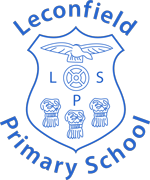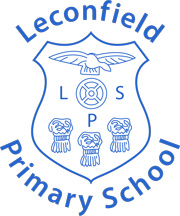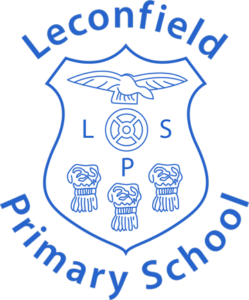Lunch Menu
Download our latest menu:
From September 2014 all infant children (children in EYFS, Year 1 and Year 2) have been entitled to a free school meal every day as part of the Government Universal Infant Free School Meal provision. Children in Key Stage 2 pay for their meals.
Completed menus should be returned to the school office with the appropriate money. Please contact the school office for current meal prices.
Lunch money is collected via Parentpay.
All meals can be paid for using an online App called Parentpay. Parents will receive a log on generated by school for each child. Please add all children onto your account even if they are entitled to Universal Infant Free School Meals (see above).
We have two lunch sittings. Our infants eat first followed by our KS2 classes. Children having packed lunches eat in the main school hall with children who have school lunches. Our school lunches are served family style and children have the opportunity to choose where they sit.
Children may have a hot school meal or bring a packed lunch from home. Please see our Lunch Menu information in our Parents section for more information about our hot meal options. We promote healthy eating and ask that packed lunches do not contain fizzy drinks, chocolate bars and gummy sweets etc. We understand that children can go through many phases when it comes to food. For further ideas, tips, recipes and information about healthy packed lunches please follow this link: https://www.nhs.uk/healthier-families/recipes/healthier-lunchboxes/
‘Learning builds on what pupils already know. Teachers have strong subject knowledge and support pupils to develop their reasoning skills.’
‘Across
the school, pupils behave well both in lessons and during social times.’
‘There are respectful relationships between adults and pupils.’
‘Pupils enjoy attending this school.’
‘Leaders are working to further improve their curriculum.’
‘One group of pupils is supporting the community to develop a sensory garden in
the local area.’
‘Pupils listen carefully to other people’s opinions.’
‘Pupils learn to develop their independence from an early age.’
‘Leaders and teachers promote a respect of different cultures and ideas.’
‘Leaders ensure that staff have the training and support to meet the needs of pupils with SEND’
‘Pupils are confident that staff will help them if they have any concerns.’
‘Pupils feel safe in school. Bullying is rare.’
‘In
mathematics, the ‘small steps’ of knowledge that pupils must learn are clearly identified.’
‘Pupils enjoy their role as ambassadors for the school, welcoming visitors and organising fundraising events.’
‘Pupils learn how to stay safe, including when using the internet.’
‘Pupils move around the school sensibly.’
‘The safeguarding of pupils is a priority in school. Staff know pupils and families well.’
‘There are consistent routines and high expectations.’
‘One pupil, typical of many, said, ‘We should treat others as we expect to be treated ourselves.’
‘Pupils are supportive of one another’
‘Teachers encourage pupils
to read in a variety of ways.’
‘Pupils enjoy taking part in a wide range of extra-curricular experiences, such as rugby club and choir.’
‘ The early years staff know their children well.’
‘ Children learn to read as soon as they start at school. Welltrained staff skilfully help children to read with increasing confidence.’
‘Leaders encourage pupils to take on responsibilities in school.’
‘ Pupils, including those with special educational needs and/or disabilities (SEND), are given extra support if
they fall behind.’
‘Children enjoy exploring the purposeful learning environment that staff have created for them.’
‘Staff have given careful thought to what
children will learning each term.’
‘Leaders know how important it is for pupils to enjoy reading.’
‘Pupils are respectful of people with different backgrounds or beliefs.’



